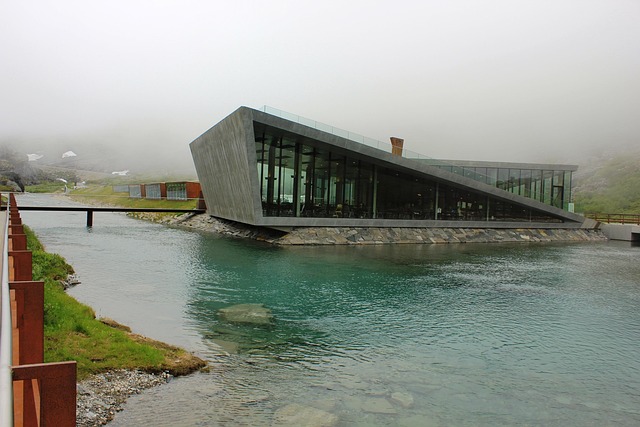The digital landscape has revolutionized the way we acquire knowledge, particularly through online education. This shift has made learning more accessible and diverse but has also invited an assortment of distractions, the most notorious of which is trolling. Trolling, in this context, refers not only to the malicious and disruptive behaviors seen in forums and social media but also to the nuanced, sometimes playful, interactions that can derail serious discussions.
In a virtual classroom, where engagement is crucial for knowledge building, the presence of trolls can create a toxic environment. Students eager to connect and collaborate may find themselves confronted by negative comments or distractions that can derail conversations and hinder authentic learning experiences. At its core, trolling diminishes the trust and safety necessary for effective interaction among peers. This compromises the potential for knowledge building, as students may hesitate to share their ideas or insights for fear of mockery.
Moreover, trolling often pushes instructors to grapple with challenges beyond traditional pedagogical concerns. Educators must devise strategies not just to deliver content effectively, but also to foster an environment resilient to disruption. Techniques such as establishing clear community guidelines, promoting empathy, and modeling constructive feedback can mitigate the adverse effects of trolling.
In essence, while online education opens up a world of possibilities for collaborative knowledge building, it also requires vigilant moderation of interactions. Without proper safeguards, the impact of trolling can skew the educational experience, leaving students disconnected, frustrated, and less willing to participate. As we navigate this digital learning era, fostering supportive online environments becomes paramount in ensuring that knowledge building thrives, undeterred by the challenges that trolling presents.
Exploring the inconsistent line between jest and disruption reveals another layer to interaction in online education. Sometimes, trolling can spur dialogue; it can be a catalyst for resilience and creativity among students. The challenge lies in differentiating helpful banter from harmful disruptions—an essential skill for both students and educators in these modern learning spaces. Ultimately, understanding the effects of trolling is critical for enhancing interaction in online education, striving for an atmosphere that cultivates knowledge rather than hinders it.




